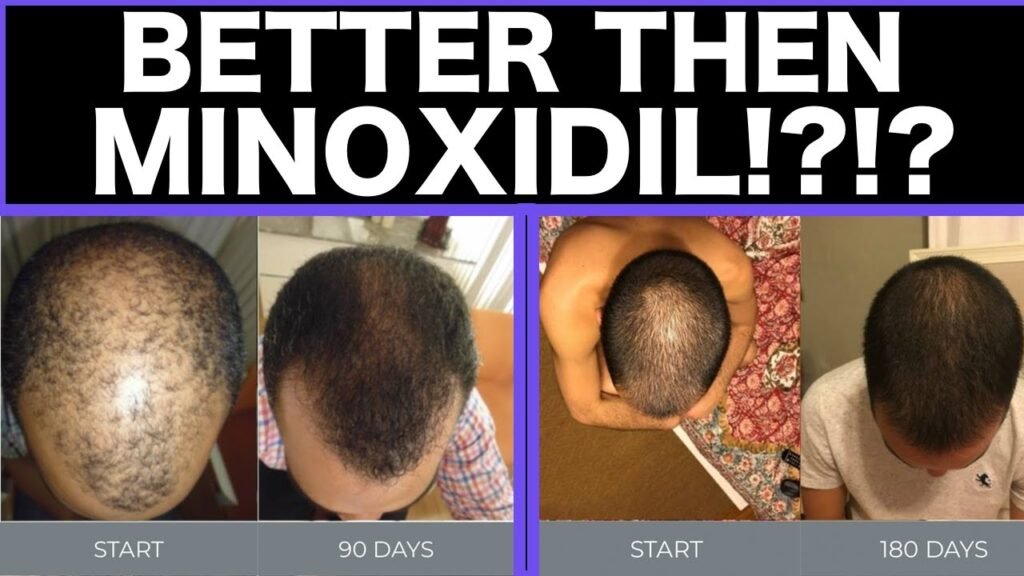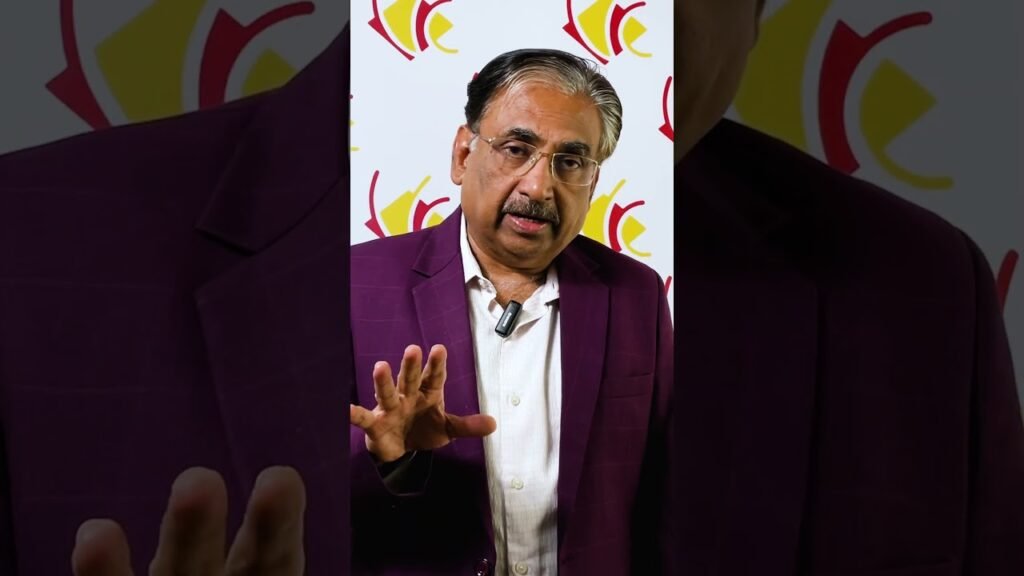Which gives better results: Minoxidil vs essential oils
When comparing Minoxidil and essential oils for hair growth, its important to consider their different mechanisms and evidence of effectiveness. Minoxidil, a popular FDA-approved medication, is widely recognized for its ability to stimulate hair follicles and promote regrowth by increasing blood flow to the scalp. It is most effective for individuals experiencing androgenetic alopecia, commonly known as male or female pattern baldness. Clinical studies have shown that Minoxidil can produce noticeable improvements in hair density and thickness within a few months of consistent use.
In contrast, essential oils offer a more natural approach to hair care and have been used for centuries in various cultures. Essential oils like rosemary, peppermint, and lavender are believed to promote hair growth by nourishing the scalp, reducing inflammation, and improving circulation. While scientific research on the efficacy of essential oils for hair regrowth is limited, some studies suggest that certain oils may have positive effects. For instance, a study published in the journal «Skinmed» found that rosemary oil was as effective as Minoxidil in improving hair count in participants with androgenetic alopecia over a six-month period.
Key Considerations:
– Efficacy: Minoxidil is backed by extensive research and is known for its consistent results in promoting hair regrowth. Essential oils, while promising, lack the same level of scientific validation but may offer benefits for those seeking a natural alternative.
– Side Effects: Minoxidil can cause side effects such as scalp irritation or unwanted facial hair growth in some users. Essential oils, on the other hand, are generally well-tolerated but can cause allergic reactions in sensitive individuals.
– Usage: Minoxidil requires daily application, while essential oils can be incorporated into a broader hair care routine, often used in conjunction with carrier oils for scalp massages or as part of shampoo formulations.


